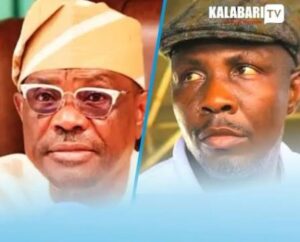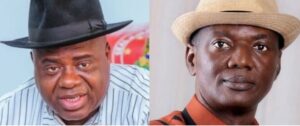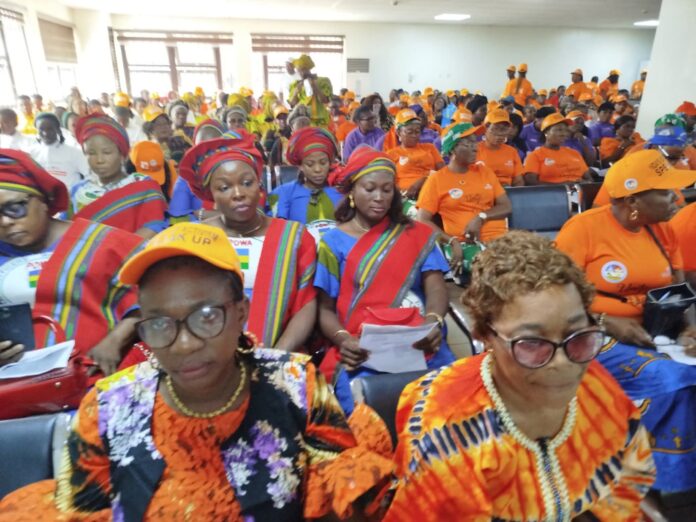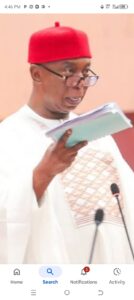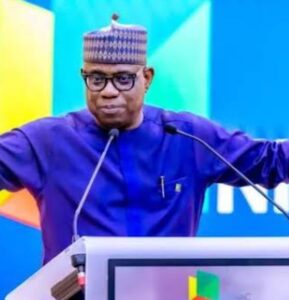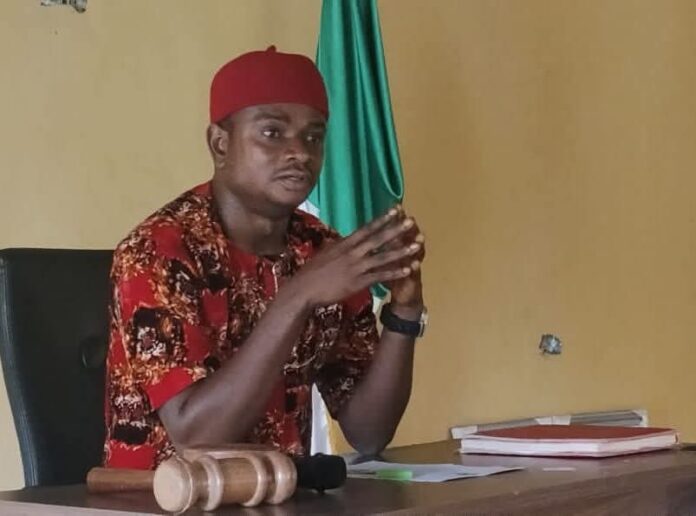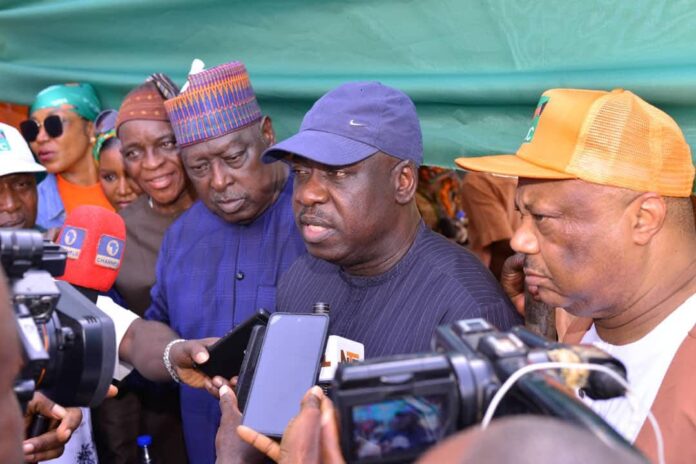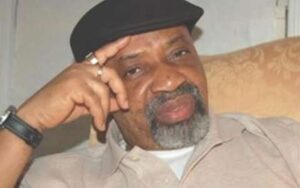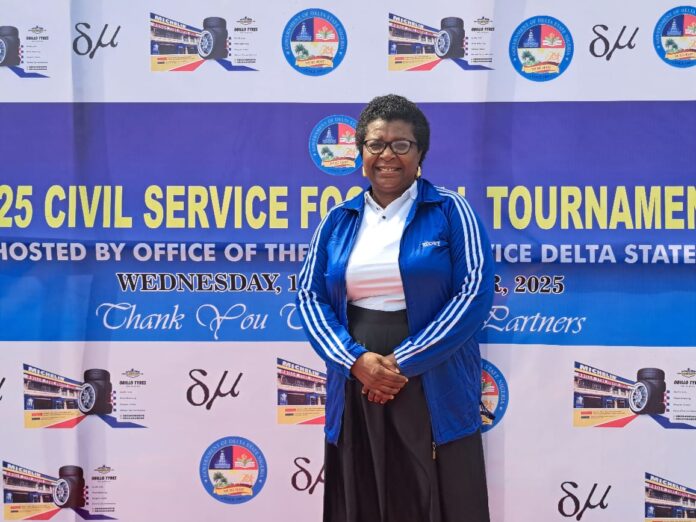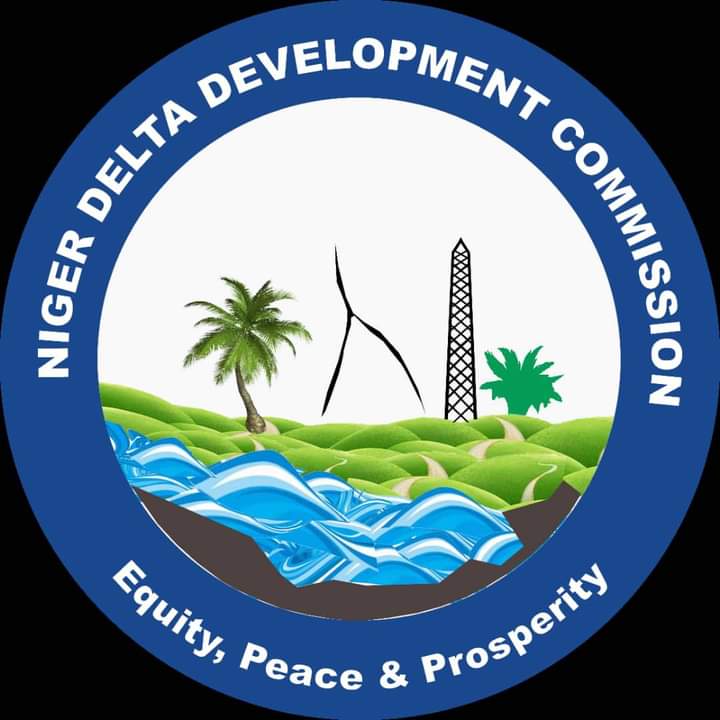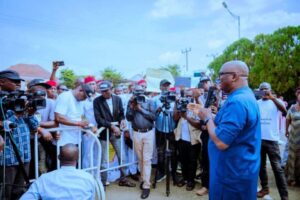
A significant event bordering on Anioma State creation unfolded on December 15, 2025, as a coalition of Anioma youths from the nine local government areas of Delta North gathered at the Government House in Asaba, Delta State. Their mission was unambiguous to renew their longstanding call for the creation of Anioma State, a proposal they believe is crucial for the political, economic, and cultural advancement of their people.
The youths, representing a broad-based coalition, organized a peaceful protest to express their aspirations. They emphasized that the creation of Anioma State is not just a political demand but a quest for identity and sustainable development. The protesters argued that their demand is deeply rooted in the history, culture, and language of the Anioma people, and they seek to have Anioma State zoned to the South-East geopolitical zone of Nigeria
During the visit, the Delta State government expressed support for the creation of Anioma State. This stance was communicated to the youths through the Chief of Staff to the Governor, Prince Johnson Erijo, acknowledging their right to pursue their demand through constitutional means. The government clarified that while it is not opposed to the creation of the state, the process must adhere to due constitutional procedures.
The engagement with the Delta State Chief of Staff was marked by a formal dialogue where the youths articulated their vision for Anioma State. They highlighted the potential benefits, including enhanced governance, better resource allocation, and a stronger cultural identity.
The Chief of Staff, representing the state government, listened to their concerns and reiterated the importance of following legal frameworks to achieve their goal.
Chief Osita Oganah, the Director of Media and Publicity for the Anioma State creation request, expressed gratitude for the support received from various stakeholders, while emphasizing the importance of unity and continued advocacy to realize the dream of Anioma State. The youths left the meeting with a renewed sense of purpose, determined to continue their peaceful advocacy for statehood.
This event underscores the persistent efforts of the Anioma people to achieve recognition and autonomy within Nigeria’s federal structure. Their peaceful protest and engagement with government officials reflect a commitment to democratic processes and a hopeful vision for the future of Anioma State.
Sources
[1] dailypost.ng – Delta govt gives partial support for Anioma State creation https://dailypost.ng/2025/12/15/delta-govt-gives-partial-support-for-anioma-state-creation/
[2] thenewsguru.ng – Delta Govt Not opposed to Anioma State creation — DTSG https://thenewsguru.ng/news/delta-govt-not-opposed-to-anioma-state-creation-dtsg/
[3] gallantreporters.com – On Anioma State We Stand – Coalition of Anioma Indigenes Tells Delta … https://gallantreporters.com/2025/12/15/on-anioma-state-we-stand-coalition-of-anioma-indigenes-tells-delta-govt-urges-support-for-renewed-agitation/
[4] firstdaily.ng – Delta Government Offers Conditional Support to Anioma State Creation … https://firstdaily.ng/delta-government-offers-conditional-support-to-anioma-state-creation-agitation/
[5] thetrumpet.ng – Delta North youths back Anioma State creation as part of South-East https://thetrumpet.ng/delta-north-youths-back-anioma-state-creation-as-part-of-south-east/
[6] thenumbers.ng – Anioma State, An Explorative Opportunity For The Young Generation https://thenumbers.ng/2024/07/03/anioma-state-an-explorative-opportunity-for-the-young-generation/
[7] punchng.com – Anioma people laud FG as state creation gains momentum https://punchng.com/anioma-people-laud-fg-as-state-creation-gains-momentum/
[8] thestoryng.com – ANIOMA STATE: A Defining Moment That Must Not Be Missed https://thestoryng.com/delta/anioma-state-a-defining-moment-that-must-not-be-missed/
[9] asabametro.com – Delta Govt Not Opposed to Anioma State Creation https://www.asabametro.com/delta-govt-not-opposed-to-anioma-state-creation/
[10] wavesngr.com – Delta Govt Endorses Anioma State Creation | Nigeria Waves https://www.wavesngr.com/2025/12/15/delta-govt-endorses-anioma-state-creation/

